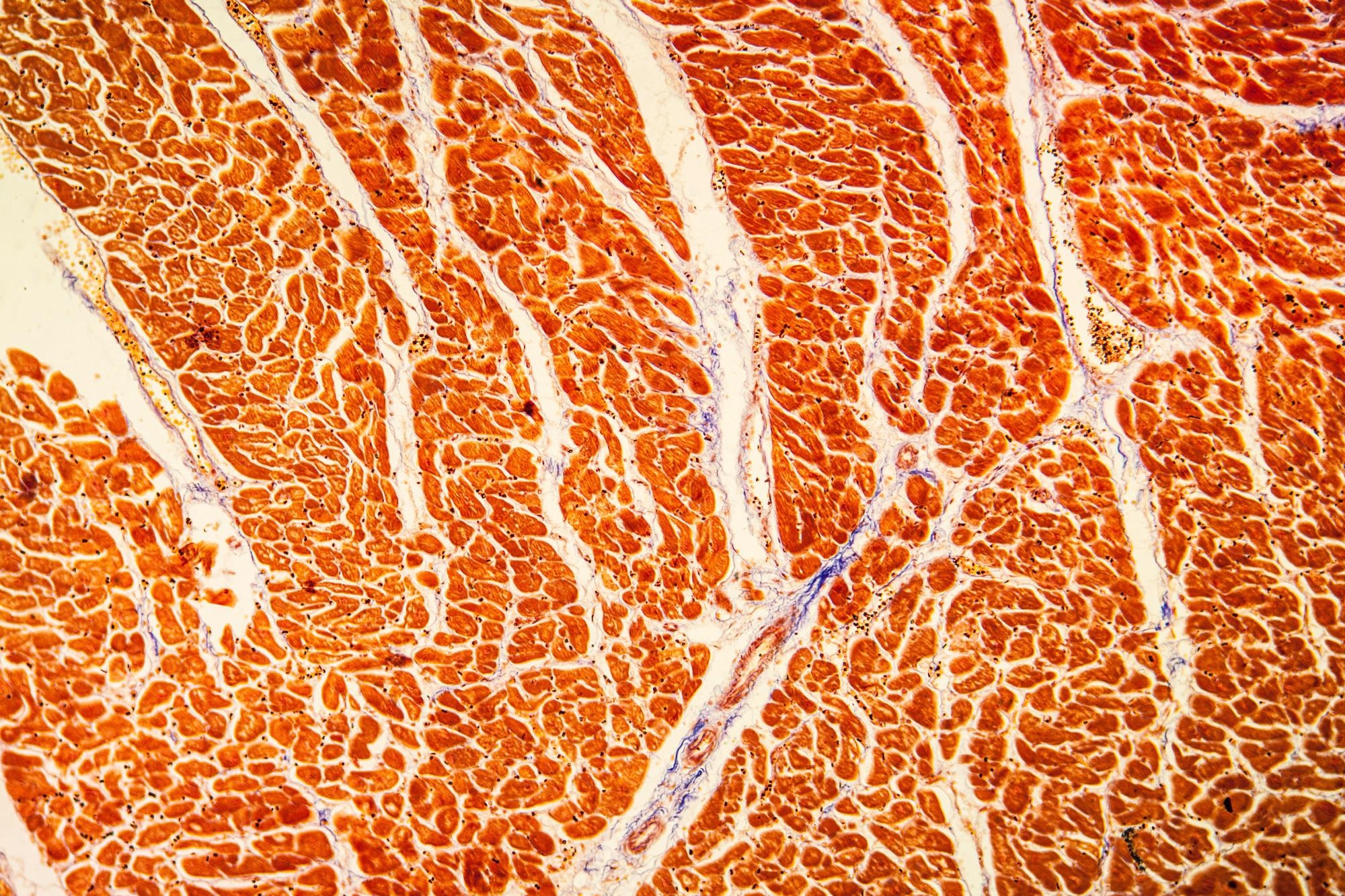Although rare, there have been reports of myocarditis in adolescents and adults following COVID-19 vaccination in Israel and the US military. However, data regarding the symptoms, clinical course, and short-term outcomes are limited.
According to the Centers for Disease Control and Prevention’s (CDC) Advisory Committee on Immunization Practices, a probable link is speculated—between mRNA COVID-19 vaccination and myocarditis, particularly in individuals 39 years of age or younger.
A new study published in the journal Circulation aimed to describe a large case series of suspected myocarditis temporally related with the COVID-19 vaccine in adolescents and young adults below 21 years of age across the United States and Canada.

Study: Clinically Suspected Myocarditis Temporally Related to COVID-19 Vaccination in Adolescents and Young Adults. Image Credit: Dr. Norbert Lange
The study
This retrospective study collected data for adolescents and young adults, who had symptoms, laboratory markers, and/or imaging findings signifying myocarditis within 30 days of COVID-19 vaccination from 26 pediatric medical centers in the United States and Canada. All participants were below 21 years of age. Suspected vaccine-associated myocarditis (VAM) cases were categorized as probable or confirmed using the CDC case definitions.
Findings
It was noted that until July 2021, 146 episodes of clinically suspected VAM occurred in 145 adolescents and young adults who were below the age of 21 years. Overall, 140 cases in 139 patients were analyzed.
One of the patients was suspected of having myocarditis after both the doses of the Pfizer-BioNTech vaccine—with a more severe course after the second dose. The majority of patients were Whites, non-Hispanic, and males with a median age of 15.8 years. Moreover, 35% of the episodes of suspected myocarditis met the criteria for confirmed myocarditis based on the CDC classification, and the remaining 65% were probable myocarditis.
Of the 140 episodes analyzed, 88.6% were evaluated with severe acute respiratory syndrome coronavirus 2 (SARS CoV-2) PCR testing, all of which were negative. Two patients had positive PCR testing within 32 days of presentation of suspected myocarditis.
History of fifteen patients suggested prior COVID-19 infection, positive nucleocapsid antibodies or both. The previous COVID-19 infection occurred less than one month to up to ten months before the suspected myocarditis episode in ten patients. However, most patients had no history of prior infection, but in 30 patients, the history was unknown.
Meanwhile, of the 12 patients who presented with myocarditis after the first dose of the vaccine, six had a history of prior COVID-19 infection or nucleocapsid antibodies. While none had a prior history of multisystem inflammatory syndrome in children (MIS-C).
On the other hand, ventricular tachycardia and complete heart block were uncommon complications and occurred in the absence of ventricular systolic dysfunction in all but one. However, 80.6% of patients presented with pseudo-infarcts – with chest pain, ST changes on electrocardiogram (ECG), and elevated troponin levels, with normal left ventricular systolic function.
Overall, 20% of the patients had depressed left ventricular ejection fraction (LVEF) on echocardiogram, all of whom had normalized systolic function on follow-ups. Further, no patients died or required ECMO support, and nearly one in five patients were admitted to the intensive care unit (ICU), though the use of inotropic/vasoactive support was rare.
The results depicted that although most patients with suspected vaccine-associated myocarditis have a normal ventricular systolic function on echocardiogram, many have abnormal findings suggestive of myocarditis on cardiac magnetic resonance imaging (MRI) in the setting of elevated troponin and electrocardiographic changes. In addition, ventricular arrhythmias and the need for inotropic/vasoactive medications were rare, and no patients died or required mechanical circulatory support.
The findings implied that despite laboratory and cardiac MRI evidence of myocardial injury, the majority of adolescents and young adults with suspected myocarditis following COVID-19 vaccination have rapid recovery of symptoms and mild clinical course.
It was stated that further studies are needed to comprehend the timing of resolution of myocardial injury, mechanism of myocardial injury and long-term outcomes.
Journal reference:
- Truong, D., Dionne, A., Muniz, J., et al. (2021), “Clinically Suspected Myocarditis Temporally Related to COVID-19 Vaccination in Adolescents and Young Adults”, Circulation, doi: 10.1161/circulationaha.121.056583, https://www.ahajournals.org/doi/abs/10.1161/CIRCULATIONAHA.121.056583